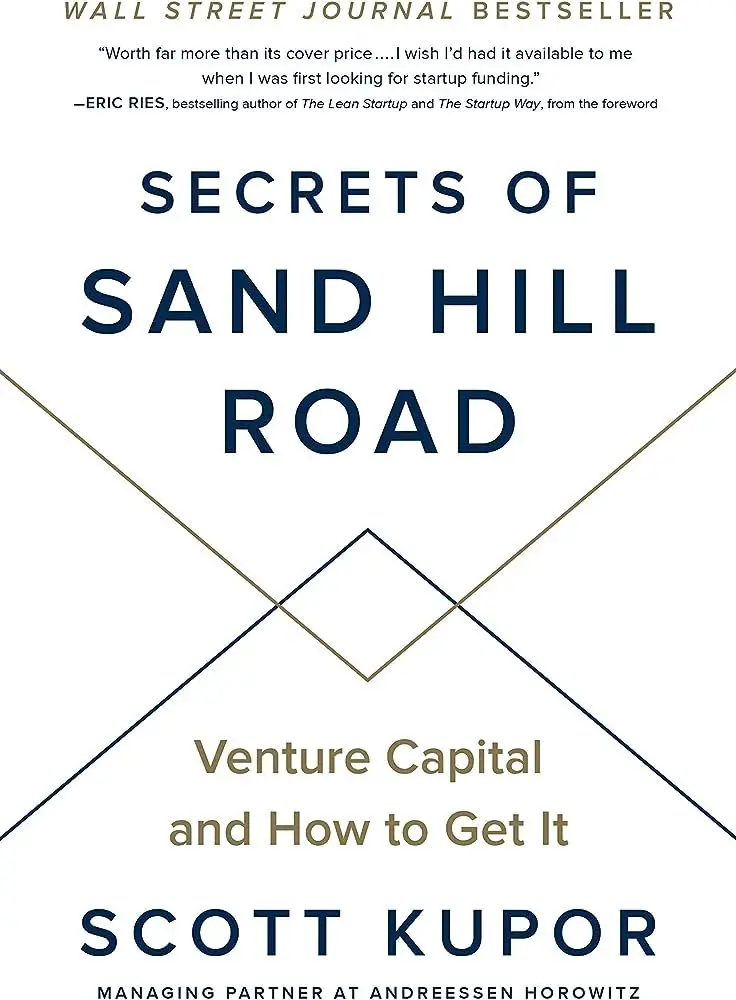Are you struggling to make ends meet while still trying to save money on a tight budget? Well, fret not because we’ve got you covered! In this blog article, we will show you practical and effective ways to pinch pennies, stretch your dollar, and reach your savings goals without feeling deprived. Saving money doesn’t have to be overwhelming or restrictive; with a few simple adjustments and clever strategies, you can make a significant impact on your finances. So, if you’re ready to learn how to save money on a tight budget, keep reading!
How to Save Money on a Tight Budget: Practical Tips and Strategies
Living on a tight budget can be challenging, but it doesn’t mean you have to sacrifice financial security and miss out on the things that matter to you. By adopting some smart money-saving strategies, you can make the most of your income, achieve your financial goals, and ensure a comfortable life for yourself and your loved ones. In this comprehensive guide, we will explore practical tips and strategies to help you save money on a tight budget. From cutting expenses to finding new sources of income, let’s dive in!
1. Track Your Expenses
When you’re on a tight budget, it’s crucial to have a clear understanding of where your money is going. Start by tracking your expenses for a month or two. Keep a record of every penny you spend, from your fixed monthly bills to your daily coffee. This exercise will shed light on areas where you can cut back and identify potential saving opportunities.
- Use expense-tracking apps or budgeting tools like Mint or Personal Capital to simplify the process and get a holistic view of your spending habits.
- Categorize your expenses into fixed (rent, utilities, loan payments) and variable (groceries, entertainment, eating out) to identify areas where you can make adjustments.
- Regularly review your spending patterns and see where you can cut unnecessary expenses.
2. Create a Realistic Budget
Once you have a clear understanding of your expenses, it’s time to create a budget that aligns with your financial goals. A budget will help you allocate your income effectively, prioritize savings, and avoid overspending.
- Start by listing all your sources of income, including your salary, side hustle earnings, or any passive income you may have.
- Next, create categories for your expenses, such as housing, transportation, food, debt payments, and entertainment.
- Allocate a specific amount of money to each category, making sure your income covers all the essentials first.
- Consider setting aside a portion of your income for emergency savings or unexpected expenses.
- Regularly review and adjust your budget as your financial situation changes.
3. Cut Unnecessary Expenses
When you’re on a tight budget, it’s important to critically examine your expenses and find areas where you can make cuts without significantly affecting your quality of life. Here are some practical ways to reduce your expenses:
- Cancel unused subscriptions and memberships that you no longer need or use.
- Reduce your energy consumption by turning off lights when not in use, unplugging electronics, and adjusting your thermostat.
- Cut back on eating out and start cooking meals at home. Pack your lunch for work instead of buying it.
- Lower your grocery bills by planning your meals, buying in bulk, and using coupons or shopping during sales.
- Review your insurance policies and consider switching providers to get better rates.
- Find cheaper alternatives for your daily expenses, such as switching to generic brands or utilizing public transportation instead of owning a car.
4. Optimize Your Debt
If you have outstanding debts, they can be a significant drain on your finances. By optimizing your debt, you can save money on interest payments and potentially pay off your debts faster. Consider the following strategies:
- Consolidate high-interest debts into a single, lower-interest loan to reduce your monthly payments and save on interest charges.
- Negotiate with your creditors to lower your interest rates or work out a more manageable payment plan.
- Focus on paying off high-interest debts first, such as credit cards, while making minimum payments on lower-interest debts.
- Consider balance transfers to credit cards with lower interest rates or introductory 0% APR offers, but be cautious of any transfer fees or potential impacts on your credit score.
5. Explore Income-Boosting Opportunities
While cutting expenses is essential, boosting your income can also help you save more money and alleviate financial stress. Here are some ways you can explore income-boosting opportunities:
- Take on a part-time job or find a side hustle that aligns with your skills and interests.
- Consider monetizing your hobbies or talents through online platforms or local marketplaces.
- Offer your services as a freelancer or consultant in your area of expertise.
- Rent out a spare room or property on platforms like Airbnb.
- Explore online surveys, paid focus groups, or cashback programs as additional sources of income.
6. Prioritize Saving
Regardless of how tight your budget is, saving should be a priority. Building an emergency fund and saving for long-term goals will provide financial security and peace of mind. Consider the following saving strategies:
- Automate your savings by setting up recurring transfers from your checking account to a dedicated savings account.
- Start small if necessary. Even saving a few dollars each week can add up over time.
- Look for high-yield savings accounts or certificates of deposit (CDs) that offer better interest rates than traditional savings accounts.
- Save any windfalls or unexpected money, such as tax refunds or bonuses, rather than splurging on unnecessary expenses.
- Consider opening a retirement account, such as an Individual Retirement Account (IRA) or an employer-sponsored 401(k) plan, to save for your future.
7. Get Creative with Entertainment
Entertainment doesn’t have to break the bank. With a little creativity, you can still enjoy leisure activities without overspending:
- Take advantage of free community events, local parks, and museums.
- Host movie nights or game nights with friends instead of going out to expensive restaurants or cinemas.
- Visit your local library to borrow books, movies, or audiobooks instead of buying or renting them.
- Explore outdoor activities like hiking, biking, or picnics, which are often low-cost or free.
- Look for discounted tickets or special offers for concerts, theater shows, or sporting events.
By implementing these practical tips and strategies, you can save money on a tight budget, achieve your financial goals, and gain peace of mind. Remember, it’s the small, consistent changes that can make a significant impact on your financial well-being. So start today, take control of your finances, and pave your way towards a brighter future!
7 Ways to Save Money Each Month (even with a tight budget) | FRUGAL LIVING
Frequently Asked Questions
Frequently Asked Questions (FAQs)
1. How can I save money on a tight budget?
One of the best ways to save money on a tight budget is by creating a budget plan and sticking to it. This involves analyzing your income and expenses, identifying areas where you can cut back, and prioritizing your spending. It’s also helpful to track your expenses and look for cheaper alternatives for everyday items.
2. Are there any tips for reducing my monthly bills?
Yes, there are several strategies to reduce your monthly bills. Start by reviewing your utility bills and see if you can conserve energy by being mindful of your usage. Consider negotiating with service providers for better rates or switching to more affordable options. Additionally, you can cut cable costs by exploring streaming services or utilizing free online resources.
3. What are some effective ways to save on groceries?
To save on groceries, try planning your meals ahead of time and making a shopping list based on your planned meals. Look for sales and use coupons whenever possible. Buying in bulk and opting for store-brand products can also help you save money. Lastly, consider shopping at discount stores or local farmers’ markets for fresh produce at lower prices.
4. How can I save on transportation expenses?
To save on transportation expenses, consider carpooling or using public transportation instead of driving alone. If possible, walk or bike shorter distances. Regular maintenance of your vehicle can also help you save on fuel costs. Furthermore, exploring car-sharing services or renting a vehicle when needed can be more cost-effective than owning a car.
5. Are there any tips for reducing entertainment expenses?
Affordable entertainment options include borrowing books and movies from the library, utilizing free community events, and exploring outdoor activities such as hiking or picnicking. Cancel unnecessary subscription services and consider sharing streaming accounts with family or friends. You can also find discounted tickets for movies, concerts, and other events by researching online or looking for special promotions.
6. How can I save on clothing expenses?
To save on clothing expenses, try shopping during sales or clearance periods. Consider buying second-hand or thrifted clothing, as they are often significantly cheaper. Mend and repair clothing items instead of immediately replacing them. Additionally, organizing clothes swaps with friends or family can be a fun and cost-effective way to update your wardrobe.
7. What should I do with extra income or windfalls?
If you receive extra income or unexpected windfalls, it’s wise to prioritize your financial goals. Consider saving a portion for emergencies, paying off high-interest debts, or investing for the future. However, it’s also important to treat yourself occasionally or allocate some funds for leisure activities to maintain a balanced approach.
8. How can I stay motivated to save money on a tight budget?
To stay motivated, set clear financial goals and regularly track your progress. Celebrate small milestones along the way to keep yourself motivated. Surround yourself with like-minded individuals who support and encourage your efforts to save. Keep educating yourself about personal finance and seek inspiration from success stories of others who have successfully saved money on a tight budget.
Final Thoughts
To save money on a tight budget, it is important to prioritize your expenses and make conscious spending decisions. Start by creating a budget that includes all your income and expenses. Look for areas where you can cut back, such as dining out or subscription services. Plan your meals and grocery shopping to avoid unnecessary purchases. Consider using coupons or shopping during sales to save money on everyday items. Find free or low-cost entertainment options like parks and community events. Remember, small changes can add up over time and help you successfully save money on a tight budget.



